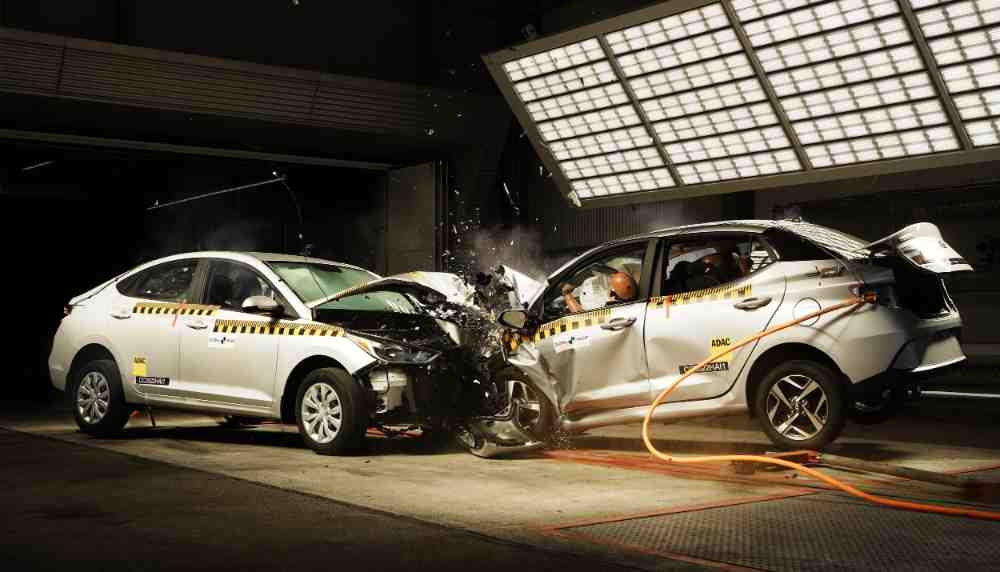In a significant step toward enhancing vehicle safety in India, the country is set to launch its inaugural car safety rating program, the Bharat New Car Assessment Programme (Bharat NCAP), commencing on December 15. This initiative, designed with inspiration from the Global NCAP but tailored to meet Indian standards, aims to raise the bar for safety in vehicles manufactured within the nation. Although Bharat NCAP officially took effect on October 1, the crash tests will be initiated post-Diwali in December, as explained by a government official attributing the delay to festive celebrations. This article delves into the key components of Bharat NCAP and explores the response from Indian and European automakers.
Bharat NCAP Safety Assessment
Bharat NCAP is poised to subject over three dozen vehicles to rigorous crash testing, primarily from Indian, Japanese, and Korean automakers. The program’s assessment will be based on three critical safety features:

Adult Occupant Protection (AOP)
Child Occupant Protection (COP)
Safety Assist Technologies (SAT)
The outcome of these assessments will result in the assignment of star ratings, ranging from zero to five, in accordance with the Automotive Indian Standard (AIS) criteria, dependent on a vehicle’s performance during the tests.
Indian Carmakers Eager to Excel
Despite the non-mandatory nature of these safety ratings, Indian car manufacturers have displayed remarkable enthusiasm for Bharat NCAP. Many are striving to attain the coveted five-star rating for their vehicles. Tata Motors leads the charge by becoming the first company to apply for the BNCAP rating. The company’s recently launched models, Harrier and Safari, will be the initial candidates to undergo the rigorous crash tests, as confirmed by another government official.

Maruti Suzuki India and Hyundai Motor India are also actively participating, with each presenting three models for assessment. In a similar vein, Mahindra and Mahindra have nominated four of their vehicles for the tests, though the specific models remain undisclosed for the time being.
European Carmakers Exercise Caution

In contrast, European carmakers operating in India, including Renault India, Skoda Auto Volkswagen India, and Stellantis Group, are not rushing to seek safety ratings under Bharat NCAP. Some are still deliberating on the models they wish to submit for safety assessment, while others have pointed out that their vehicles have already received safety ratings from Global NCAP, leading to a temporary delay in opting for BNCAP ratings. These companies have not provided official statements on this matter.
Testing Agencies Entrusted

To conduct these crucial crash tests, the Indian government has assigned various testing agencies, including the Automotive Research Association of India (ARAI), the International Centre for Automotive Technology (ICAT), and Global Automotive Research (GAR), among others. These agencies will play a pivotal role in evaluating vehicle safety in alignment with Bharat NCAP’s stringent standards.
